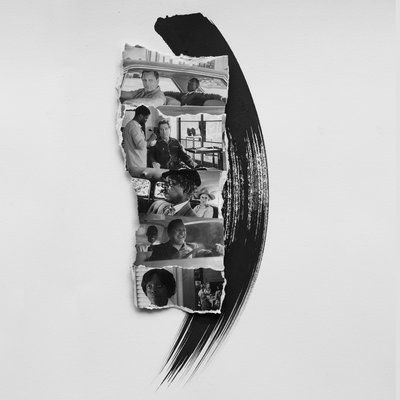Keeping Up With The Times
How New York Times is clawing its way into the future:
The main goal is... to transform the Times’ digital subscriptions into the main engine of a billion-dollar business, one that could pay to put reporters on the ground in 174 countries even if (OK, when) the printing presses stop forever. To hit that mark, the Times is embarking on an ambitious plan inspired by the strategies of Netflix, Spotify, and HBO: invest heavily in a core offering... while continuously adding new online services and features... so that a subscription becomes indispensable to the lives of its existing subscribers and more attractive to future ones.







